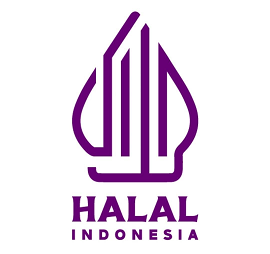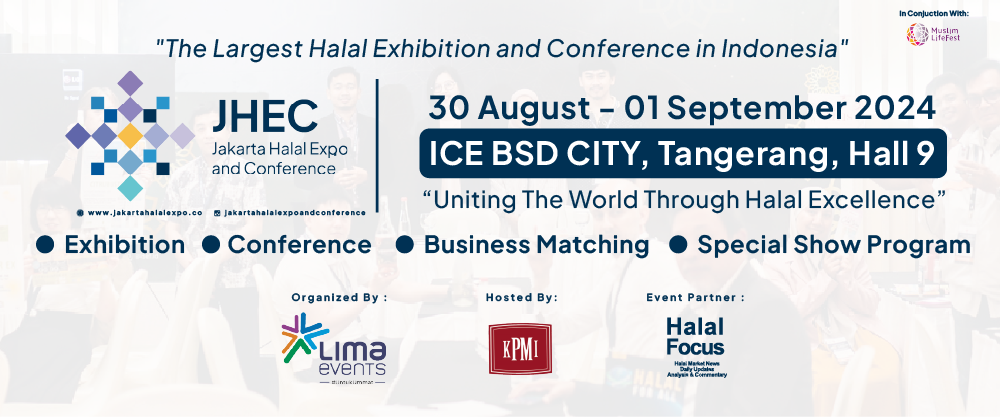The newspaper Jakarta Post denounces the
grave consequences of the possible approval of a draft law that would
make it obligatory, and no longer optional, for products to bear labels
indicating that they respect the principles of Islamic law. It is seen
as dangerous state interference in religious and private questions.

Jakarta
(AsiaNews) – A rise in food prices, greater corruption, and
unacceptable state interference in religious questions. According to
an editorialist for the Jakarta Post, these would be some of the
consequences of the obligation for ‘halal’ (editor’s note: ‘pure’, for
example not containing pork) labelling of food in Indonesia. The
government recently proposed a draft law on halal certification for
food products; the text of the law must be discussed and approved by
the house of representatives. But some parliamentarians have already
spoken out in its favour. The Council of the Ulema (MUI) is pushing
for the labelling, now optional, to be made obligatory. It intends to
do the same for medicines and cosmetics.
For some analysts, this is just the latest worrying sign of the
“gradual Islamisation” taking place in the most populous Muslim country
in the world. Today, in the columns of the popular Indonesian
newspaper, Muhammad Nafik contends that the government should be more
concerned about guaranteeing the “healthiness and hygiene” of products
on sale, rather than their adherence to Islamic principles. This is
because its action should be intended for the good of all the citizens,
including those who belong to minority religions. “The government’s
obligation is to make sure that producers do inform consumers of their
products’ ingredients in a more transparent manner, including their
possible contents of pork, alcohol or other items considered to be
‘haram’ under Islamic law . . . This way, consumers – Muslims in
particular – would easily be able to distinguish between halal and
haram food and know which products are healthy for consumption . . .
Ironically, an attempt to help consumers, the halal labelling will
cause them to suffer. They will have to pay more for their food if it
is processed under certain costly Islamic procedures. According to
Islamic law, producers are required, for example, to manually slaughter
an animal and fully remove the blood from the meat”.
Nafik recalls that in a secular country like Indonesia, the law must
not regulate religious questions that remain private affairs. The
journalist also warns that “Another reason to scrap the halal labelling
policy is that the certification process is widely prone to
corruption”. The large-scale producers will do everything they can to
assure certification, which will give them the possibility of accessing
a wider market. Finally, Nafik concludes, it cannot be ruled out that
if halal labelling becomes obligatory, the MUI will issue a fatwa
against products that do not carry the label, causing significant
economic damage.



